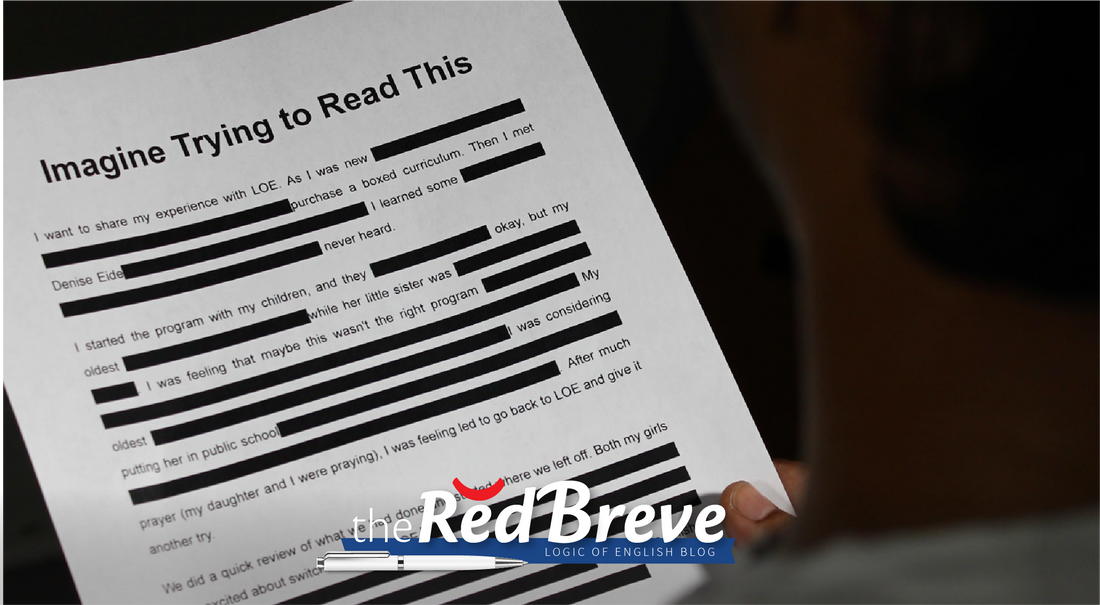Word Callers: How To Stop the Guessing

Oct 08, 2019
“I have students who read really well, but do not comprehend anything!”
I have heard this statement from teachers across the country... from South Carolina, Michigan, New York... and in fact, I used to be one of these teachers.
I was confused as to why my students, who loved to read aloud to the class and seemed to be reading well, couldn’t comprehend what they were reading. Listening to Emily Hanford’s recent documentary podcast, "At a Loss for Words: How a flawed idea is teaching millions of kids to be poor readers," brought this issue back to the forefront for me.
Once I learned about how the English language works through the Logic of English curriculum, I did eventually figure out the root of the issue with my “good” readers who were not comprehending. This documentary made me realize that I probably was not alone in this.
“At a Loss for Words” points out that students who are reading along and miscue (misread a word) but are “close enough,” are often thought of as fluent readers. However, what is happening is that these students are good at predicting and guessing words.

Guessing, Cueing, And Not Comprehending
My big aha moment was when one of my students, Aaliyah, who always read aloud to the class, volunteered and got to an unknown word and simply said, “that M word.”
Hmmm… weird, I thought.
I helped Aaliyah with the word and let her continue, but I was listening much more carefully now. I realized that she was skipping smaller words and replacing some other words, but always substituting good guesses for the words that were actually on the page. I started asking students to slow down or reread a sentence where words were missed, and I realized: no wonder they could not comprehend! These students were not able to decode most of the words they were “reading.”
The Foundational Skills of Reading
I think pretty much everyone agrees that we need context to make meaning of words; however, you should not use context to guess what a word is. Students need the foundational skills of phonemic awareness and systematic phonics so they can decode the words first, then recognize known words and use context and other clues to find the meaning of unfamiliar words. Without these foundational skills, students are guessing or are left to make the connections on their own... or not at all.
We Can’t Teach What We Don’t Know 🫶
I didn’t know then everything I now know about reading. It’s hard not to feel a sense of guilt when I realize how many students I might have been able to help had I known what I know now. But we can’t teach what we don’t know.
Now I strive to share the knowledge I've gained with others. The most important thing I've learned is that not all students can make the sound-letter connections intuitively, and therefore this foundational skill must be explicitly taught.
I highly recommend that teachers check out Hanford’s APM documentary “At a Loss for Words” if you haven't already. It's a great resource for anyone who wants to carefully investigate the Science of Reading and learn what the research has proven to work for teaching reading.

